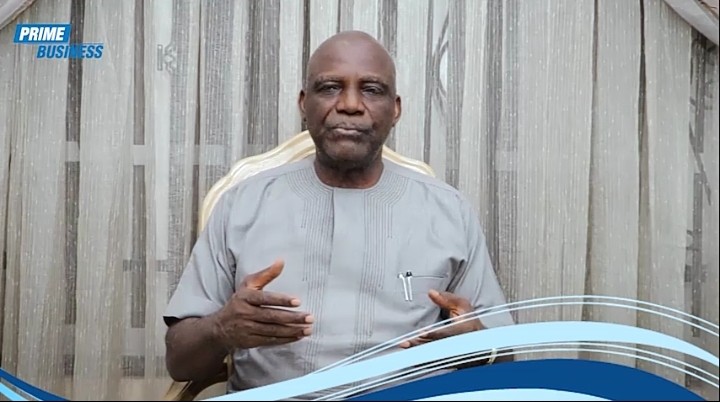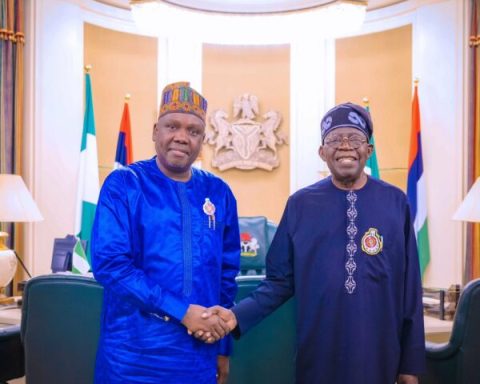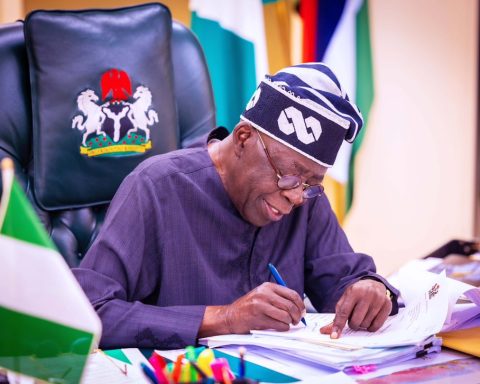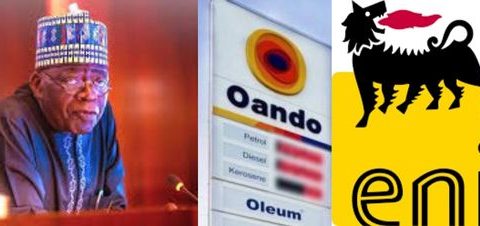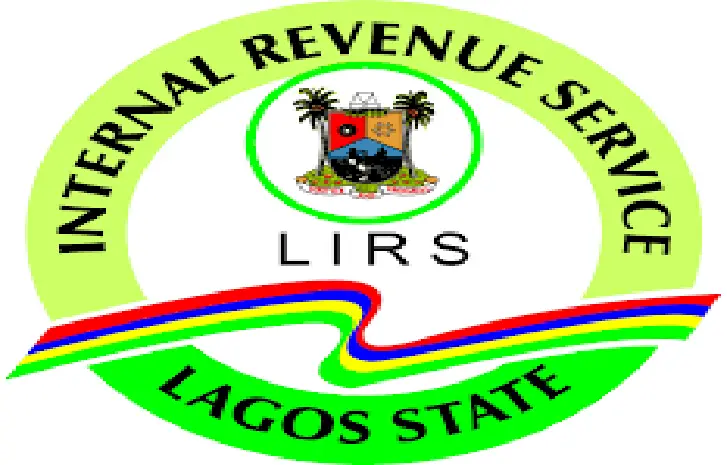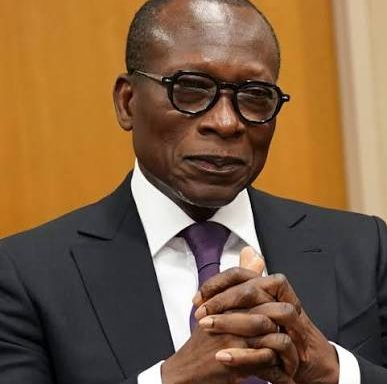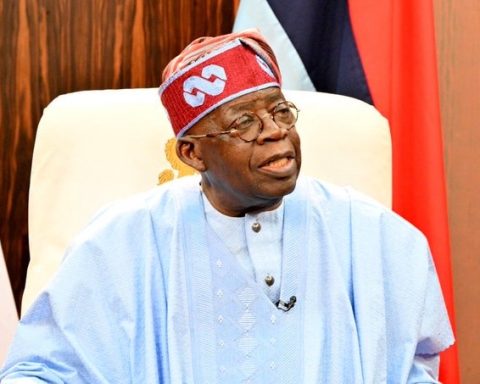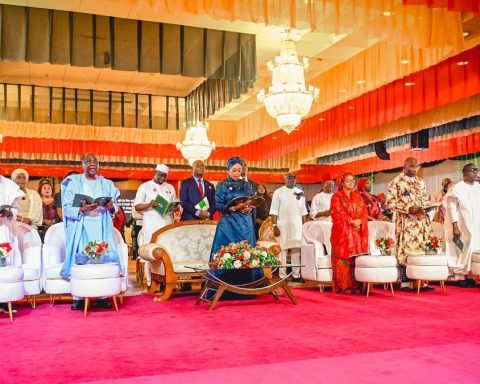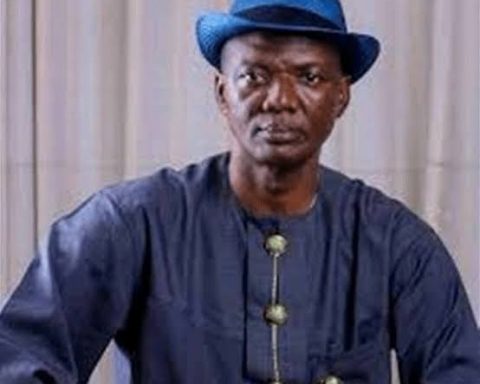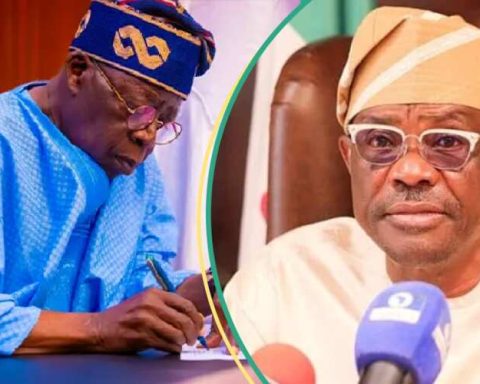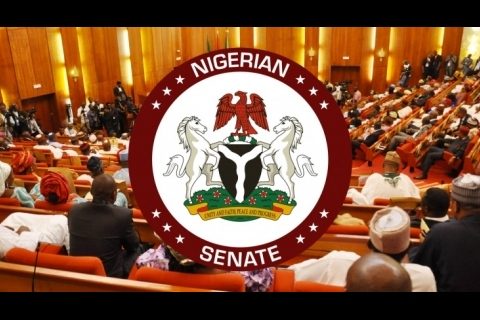The Emi lokan philosophy which fueled and animated the presidential run of then Candidate Bola Ahmed Tinubu in this year’s general election has been found to be quite operational in the local politics of Enugu State.
This observation was made by a former Power minister, Prof Barth Nnaji as expressed yesterday in a keynote address titled: ‘Socio-political and Economic Consequences of Sectional Domination and Marginalisation in Nigeria’ during the 2023 Annual Independence Lecture of Agbaja Professors Worldwide
Join our WhatsApp ChannelPrime Business Africa recalls that Tinubu had, in a vent of frustration over the seeming lack of support his political ambition was getting from then President Buhari and reported opposition by key members of the Presidency, made his now famous “Emi lo kan (It is my turn)” speech.
While addressing party delegates at the Presidential Lodge in Abeokuta, Ogun State June 2, 2022, he insisted that “it is the turn of Yoruba, it is my turn” and went on to narrate how Buhari lost presidential elections repeatedly until he (Tinubu) helped him to win in 2015.
Nnaji pointed out that while Ndigbo are quick to bemoan their alienation from the Nigerian mainstream due to their voting pattern, they have not shown the way by adhering to Diversity, Equity, and Inclusion (DEI) in governance back home.
Using Enugu State as a case study, he wondered whether “the State Governors we have had since 1999 considered the entire State their primary constituency as shown by their key appointments and provision of infrastructure, as well as the location of certain facilities and institutions?” and if “we look for our best and use them for the good of our State without regard to zonal, cultural, historical, political, and other parochial considerations?”
Nnaji then went on to declare that “the ‘Emi lo kan’ mindset is of course typical of how a person who gains a top leadership position from a particular clan treats the rest of the groups in the State”.
He recalled how the Wawas were overshadowed (and marginalized) by others in the then East Central State, and subsequently Anambra State, adding that with the creation of Enugu State, the Nsukka people believed they are being marginalized by the Agbajas, the Nkanus, and other Wawas in response to which they now seek political power for themselves through their agitation for a new Adada State.
According to the founder of Geometric Power, “the immediate past election was all about the various clans seeking the Governorship position. Even within the established rotational system members of the various groups or clans were clamoring for positions that would enable them to have a seat at the decision-making table.
“For example, in terms of the political leadership rotation, Enugu East Senatorial zone was expected to produce the Governor for Enugu State. I could be rightfully accused of having led my people of Nkanu East to solicit for support of an Nkanu East candidate during the election. The primary reason for this is that there is virtually no State or Federal Government presence in Nkanu-East except for government schools. There are no good roads, hospitals, Federal Institutions, etc.
“The argument went that the most marginalized Local Government Areas in Enugu East Senatorial zone are Nkanu East and Isi Uzo LGAs, therefore both had the “right” to produce the Governor. My people of Nkanu East felt that they had more right to produce the Governor given that they had never produced a Governor, Senator, and there is no State or Federal presence in Nkanu-East. The outcome is now history.
“The expectation is that the clan that now has the Governorship position would begin to enjoy the fruits in terms of the appointments and infrastructure. At the national level, it is now called ‘Emi lo kan’,” Nnaji said.


